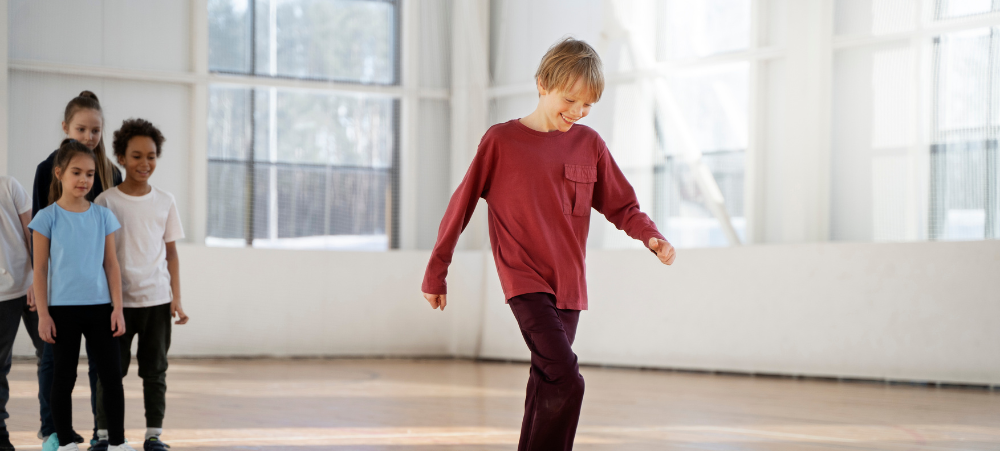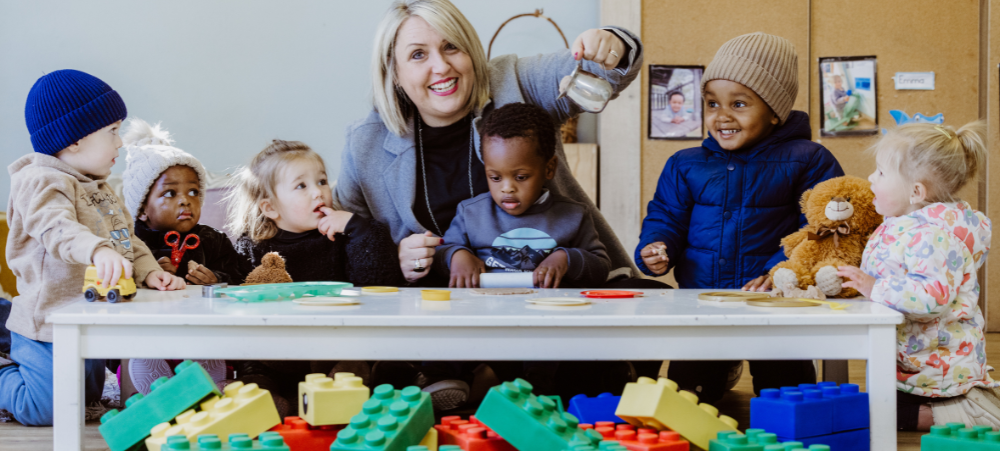Most parents agree that they want their children to reach their full potential – whatever that may be. They won’t enjoy and celebrate a child any less if it turns out that his fullest potential doesn’t involve straight A’s and being hugely successful in the sports arena. In fact, most of us will be more than pleased to see our little ones grow up to be truly happy and successful in their own unique way. As long as they live their best life – everything else is a bonus. However, ask any adult about their happiness level and whether they think they are living meaningful lives and you will soon realise that “living your best life” is not as easy as it sounds. It’s so difficult, in fact, that any practical advice to parents about things that can be done during the early years to increase a child’s chances to be happy and content as an adult one day is extremely valuable. In this post we’ll be looking at what research teaches us about cultivating social skills in our children. It is, after all, impossible for a person to be happy and successful without being able to get along with people. Here are five things that parents can do to help lay a solid foundation with regards to social skills. 1. Talk about thoughts and emotions. Studies show that children, whose parents often talk about what they and their children are thinking and feeling, are more popular, more comfortable in social situations and better able to cope with anger and disappointment. [1] 2. Deliberately work on having a sunny outlook on life. Children with the most developed preschool social skills are the ones who experience more positive emotions at home. It’s not necessary or even realistic to be constantly happy, but practice a “can-do” attitude towards setbacks and frustrations. Researchers say children suffer when parents – and particularly mothers – tend to give in to anger or despair when things don’t go according to plan. The more often children see their mothers display negative emotions, the less likely they are to view their mothers as people who can comfort them and give them advice. [2] 3. Create special opportunities for “pretend play” and join in the action every now and then. One of the most important ways in which children develop friendships during the pre-school years is by playing pretend games together. Researchers have found that children who pretend together are less likely than other children to quarrel or have communication problems. They also develop self-control and the ability to “put themselves in somebody else’s shoes”. [3] Parents who play along from time to time are doing their children a huge favour. Children are found to play for longer and at a higher level when parents encourage them. But, remember to keep the experience upbeat and don’t take over; allow your little one to take the lead. 4. Use words wisely when you discipline your child. Peggy O’Mara said, “The way we speak to our children becomes their inner voice”. What’s more, research shows that children, whose parents take the time to explain rules and discuss consequences of bad behaviour, are popular amongst their peers and they have more self-control and less conflict with peers. [4] 5. Be sensitive to your child’s emotions. One study, done by Suzanne Denham in 1997, asked children to say what they think their parents would do when they experience strong emotions in various situations, for instance when they wake up from a bad dream. The very same children who reported that their parents would comfort them and not ignore their emotions or get angry were the ones who were pointed out by teachers to be more socially skilled when they are with their friends. These children were also better able to relate to other children’s feelings and they were generally more cooperative. [5] What much of the research boils down to is that positive parental involvement is very important to their children’s social development. What’s more, discussing thoughts and emotions, whether positive or negative, helps our children to understand their own thinking and feelings, and therefore other people’s, so much better. This article is written by: The Practica Programme is a comprehensive research- and play-based home programme. This unique system has stood the test of time since 1993, and it comprises of a wooden box with specialized apparatus, parents’ guides, an advisory service and educational newsletters. From birth to 23 months of age, parents choose from a balanced selection of more than 1000 activities to develop the 14 fundamental skills age-appropriately. For children between 2 and 7 years, the 50 school readiness skills are divided into 6 groups and tackled systematically, year by year, with 10- to 20-minute games that can be adapted to a child’s level of functioning. References: Tompkins, V., Benigno, J.P., Lee, B.K., Wright, B.M. (2018). The relation between parents’ mental state talk and children’s social understanding: A meta-analysis. Social Development, 27(2), 223-246. Valiente, C., Fabes, R. A., Eisenberg, N., & Spinrad, T. L. (2004). The relations of parental expressivity and support to children’s coping with daily stress. Journal of Family Psychology : JFP : journal of the Division of Family Psychology of the American Psychological Association (Division 43), 18(1), 97–106. Goldstein, T. R., & Lerner, M. D. (2018). Dramatic pretend play games uniquely improve emotional control in young children. Developmental science, 21(4). Moreno-Ruiz, D., Estévez, E., Jiménez, T. I., & Murgui, S. (2018). Parenting Style and Reactive and Proactive Adolescent Violence: Evidence from Spain. International journal of environmental research and public health, 15(12), 2634. Denham, S. (2010). “When I have a bad dream, Mommy holds me.” Preschoolers’ conceptions of emotions, parental socialisation, and emotional competence. International Journal of Behavioral Development, Feb. 301-319.




































